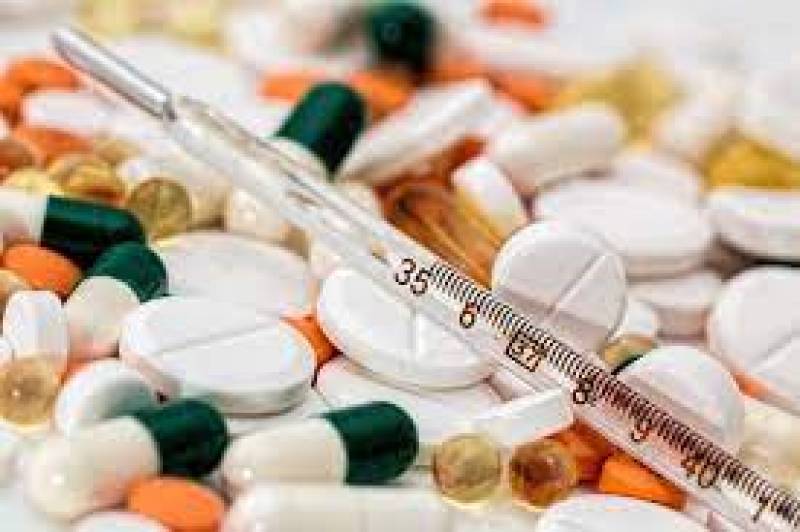Extreme temperatures can alter drug effectiveness: how best to store medication
Antidiabetics, diuretics, anti-inflammatory drugs and antidepressants can even cause heat stroke if not stored properly, warn experts

Spain is in the thick of its fourth heatwave with the mercury refusing to let-up in its steady rise to record-beaking heights. Aemet, the Ministry of Health and local councils continue to issue alerts and tips on staying cool, and now pharmaceutical experts are warning about the harmful effects of high temperatures on certain medicine.
According to pharmacy specialists, the improper storage of medicines in summer can cause major health problems in the body, because the quality and efficacy of the drugs are altered.
They warn that anti-diabetics, diuretics, anti-inflammatory drugs and anti-depressants can even cause heat stroke if they are not stored properly, and pharmacists advise strongly against keeping them in the kitchen or bathroom.
The specialists emphasise that "these are medicines that can aggravate the syndrome of exhaustion and dehydration at high temperatures, and even lead to heat stroke or induce hyperthermia".
This group of 'at risk' medicines also includes: non-steroidal anti-inflammatory drugs, antihypertensives, some antibiotics and antivirals, antiarrhythmics, lipid-lowering drugs used to regulate cholesterol, antidepressants, antihistamines and antipsychotics.
"It is important to be attentive to the general condition of patients taking these types of medicines, as well as to promote a series of measures to help control their body temperature: a cool environment, good ventilation and aeration, and continuous hydration," explained Miguel Murcia, a primary care pharmacists at the La Ribera Health Department,
"It is also important to emphasise that, despite the high temperatures, in no case should the treatments established by doctors be suspended," he added.
Also read: Chill out: tips to quickly and easily cool your drinks at home
Before taking any medicine, both its condition and its external appearance should be checked, especially in the case of creams, eye drops, and suppositories, where "their stability can be determined directly by their appearance". Any "suspicious" creams etc should be discarded.
"With regard to storage at home, keep medicines in cool, dry places, avoiding direct exposure to sunlight. We also recommend that medicines should not be stored in the kitchen or bathroom, as these are the rooms in the home that tend to accumulate the most heat during the day. And of course, always keep them out of the reach of children." added primary care pharmacist, Rocío Broseta.
When travelling, special attention should be paid to medicines that should be kept cold or be used as soon as they have been taken out of the refrigerator. And it is not advisable to carry medicines in the boot or glove compartment of the car, as they can reach very high temperatures.
The storage conditions indicated on the packaging are established according to tests carried out before the drug or treatment is marketed, "so they must be respected so as not to lose their efficacy and safety", warn both experts.
In general, medicines which are recommended be kept between 2°C and 8°C should always be stored in a refrigerator and therefore transported in a form of isothermal packaging that does not freeze.
And medicines that must be kept at a temperature of between 25ºC and 30ºC should be transported in non-refrigerated isothermal packaging to prevent them from reaching higher temperatures.
Now read: To nap or not to nap: the benefits and risks of taking a siesta
Image: Pixabay
Sign up for the Spanish News Today Editors Roundup Weekly Bulletin and get an email with all the week’s news straight to your inbox
Special offer: Subscribe now for 25% off (36.95 euros for 48 Bulletins)
OR
you can sign up to our FREE weekly roundup!
Read some of our recent bulletins:
Discount Special Offer subscription:
36.95€ for 48 Editor’s Weekly News Roundup bulletins!
Please CLICK THE BUTTON to subscribe.
(List price 3 months 12 Bulletins)
Read more stories from around Spain:




























